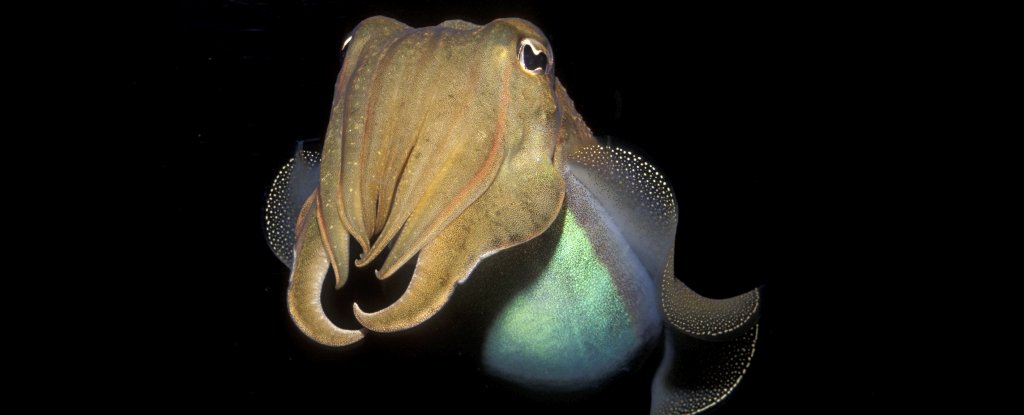Abstract
The correct delineation of tick species is critical for efforts aimed at safeguarding One Health. Historically, the Asian turtle tick (Amblyomma geoemydae sensu lato) has been regarded as a geographically widespread species across much of Asia. However, based on morphological and phylogenomic data, the subtropical lineage (from Japan, Taiwan, and parts of China) of A. geoemydae is recognised as a new species: Amblyomma kappa sp. n., and all life stages are described. The tropical lineage of A. geoemydae sensu stricto is recharacterized and a differential diagnosis is provided to distinguish the two species. The ecology, host associations, and medical importance of A. kappa are also discussed.

East Asian turtle tick (Amblyomma kappa n. sp.)
Family: Ixodidae Murray, 1877
Genus: Amblyomma Koch, 1844
Amblyomma kappa n. sp. Kwak, 2025
Amblyomma malayanum Keegan and Toshioka, 1957
Amblyomma geoemydae Yamaguti et al., 1971
Amblyomma geoemydae Fujita and Takada, 2007
Type host: Geoemyda japonica Fan 1931 (Ryukyu black-breasted leaf turtle)
Other hosts: Cuora flavomarginata Gray, 1863, Mauremys japonica Temminck and Schlegel 1832, Mauremys mutica Cantor, 1842, Lycodon semicarinatus Cope, 1860, …
Differential diagnosis: Although A. kappa and A. geoemydae are closely related, they can be distinguished fairly easily based on a range of key morphological differences. Female: (i) when unengorged, A. kappa (∼4000 μm in length) is approximately half the size of A. geoemydae (∼7500 μm in length) (Fig. 12A); (ii) In A. kappa the scutum is almost as long as wide (width-length ration of ∼1:0.95), while in A. geoemydae the scutum is distinctly wider than long (width-length ration of ∼1:0.75) (Fig. 12B); (iii) a pair of …








Leave a Comment